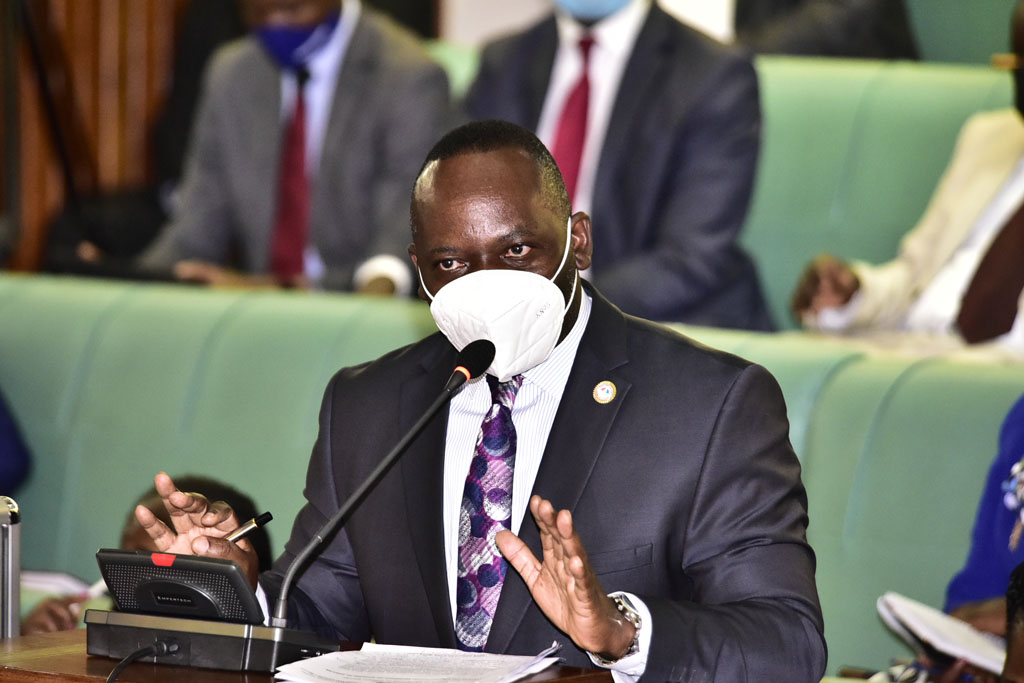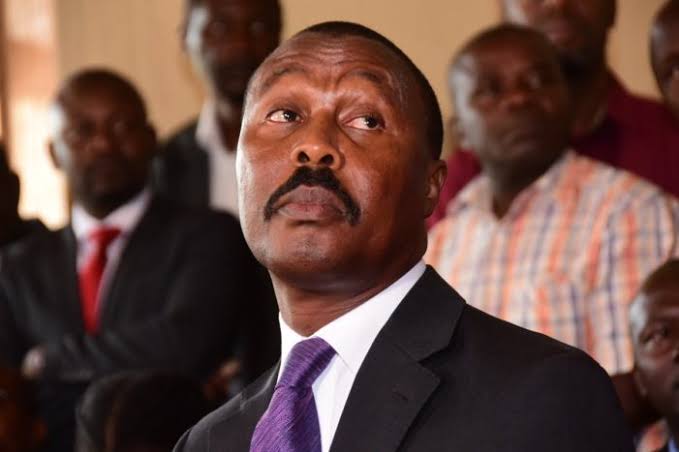Jessica Alum* is a sex worker in Amuria district. She is always on time in the night to await customers, from whom she gets money to take care of herself and her family. In the process of doing this, she faces constant wrangles with the opposite sex.
“Many times men come and find us on the street and sexually harass us, saying what we are doing is illegal anyway, yet it is our means of survival” she narrates.

Alum was speaking at the 3rd National Sex Workers’ Dialogue held at Hotel Africana on Tuesday 22nd October, where a number of sex workers from all over the country convened under the umbrella organisation Alliance for Women Advocating for Change (AWAC) to discuss how they can work as a vehicle to combat HIV and promote uptake of interventions to curb the scourge.
Sex workers are a key population, and the fact that they have multiple sexual partners means that they are at a high risk of not only contracting HIV but also infecting their clients with it. It is because of this reason that UNAIDS, the arm of United Nations dedicated to fighting HIV partnered with AWAC to make the dialogue possible.

The UNAIDS country coordinator Dr Karusa Kiragu applauded AWAC for the work being done outside coordinating sex workers to protect themselves and their clients, which included working to achieve the SDGs and empowering young women and girls, ahead of advising them to further the message of safe male circumcision.
“We have seen activities like the SDG Squeeze Dance Campaigns and the Girl Action Clubs (GAC) which are very important, but you should advise your sons, brothers and clients to take up male circumcision as it reduces their chance of getting and spreading HIV by well over 60%” she noted.
Mcklean Kyomya, the Executive Director noted that the public needs to stop shunning sex workers in the fight against HIV because they wield a lot of potential to fight the scourge.
“In the end, sex workers are mothers and sisters to us. They provide a channel for fighting HIV because they have direct sexual contact with their clients and if empowered, they can accelerate the achievement of the 95-95-95 targets by 2030” she said.
She also noted that female sex workers also need economic empowerment through money making activities to diversify their income and be able to cope with modern day economic challenges.
Other key parties in attendance were Uganda Police, Ministry of Health members of civil society and the media.
















